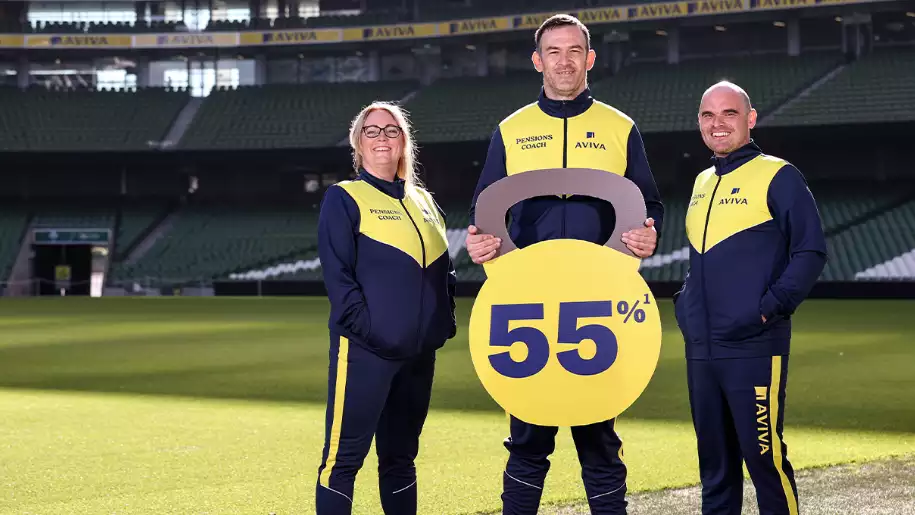1. Cash Flow Analysis
Cash Flow Analysis will help you check where your money goes and plan for how you want to spend throughout your retirement. In retirement, your cash flow needs are unlikely to remain the same over time. In the early years of retirement, you may want to travel and have adventures. In later years, you may calm down a little and settle into more of a bridge and gardening sort of routine. Later on, there may be some care costs, so your cash needs may follow a U-shaped pattern. Either way, if you have a plan, you can use your pension pot in the right way.
2. Set your investment strategy and monitor it regularly
Make sure you have enough guaranteed income for the day to day. For some, the state pension will be enough to cover bills such as utilities, running a car, broadband and so on. However, if you need more than that – if you still have a mortgage, for example, or other residual debt – you should ensure the guaranteed bit of your income (usually an annuity) will cover it.
For the rest of your portfolio, you will need to set your investment strategy. You will need to have a blend of income-producing stock market investments, plus some bonds and property. Again, it is best not to take chances and to get professional advice instead. This is not the time to start considering a dabble in Mongolian coal mines.
3. Make sure you take your tax-free lump sum
You are entitled to take 25% of your pension pot as a tax-free lump sum. Any income you take over and above this amount is taxable as income. Even if you don’t need the cash, it’s worth taking it to supplement your income. It could also act as a cash buffer to help you manage difficult periods in markets.
4. Have a plan B
Retirement is scary. Your cash has to last you the rest of your life and 90% of the time, it will. However, it is worth considering a plan B just in case of, say, a pandemic or another disaster. This plan B might be an option to avail of the Rent a Room Scheme to generate some tax-free income, defer accessing your pension or working part time. You probably won’t need to do it, but it can ease the psychological burden of retirement to know there are other options.
5. Long-Term Care and check your Inheritance Tax Status
These can be two of the biggest challenges retirees face and putting the correct solution in place takes time and planning. Consideration needs to be given to how much you will need for your lifetime and once a sufficient safety margin has been included, decisions about how your estate is distributed to your next of kin become easier.
How we help
We can help take the effort out of this for you by demonstrating how this would work for you and your family and providing you with one cohesive Holistic Lifestyle Financial Plan.
You can arrange a meeting by clicking here to access my diary, email info@smartfinance.ie or call 087 8144 104.







